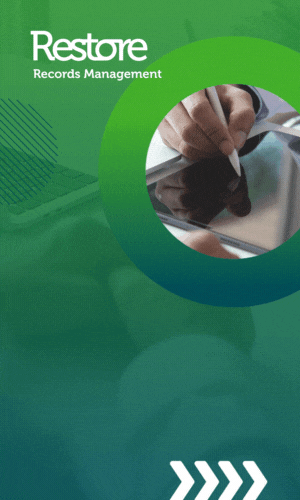A new report has been launched today by Matt Hancock highlighting that improved productivity from increased automation in the NHS is estimated to release £12.5 billion a year’s worth of staff time
The TaxPayers’ Alliance report argues that technology will allow NHS staff more time to do the vital jobs they love and that technology can help address shortages and free professionals from repetitive tasks.
The TPA’s report considers how existing and developing technology can enable the health and social care system to increase productivity, reduce costs, and result in world class health and social care.
Included in the report are examples of technology making a difference such as OWise the first personalised care app for patients with breast cancer. It allows patients to record, in real time, their side effects and overall quality of life, and collates fully anonymised patient-reported data with a view to improving clinical outcomes for cancer. It therefore allows clinicians to tailor care for their patients.
Also included is the WaitLess app that reduces pressure on A&E by providing patients with real time information on local services and waiting times. It currently has 125,000 users and has resulted in an 11 per cent reduction in minor injuries activity in A&E.
Matt Hancock, Health Secretary “Automation and innovation are changing the way we live our lives, and can transform the way we deliver public services for decades to come. It is mission critical for all of us who love and cherish our NHS that we seize the opportunities of the future and ensure that modern technology benefits staff, benefits patients and benefits our country as a whole.”
Dr. Simon Wallace, Chief Clinical Information Officer at Nuance Communications “The NHS must demonstrate how it can encourage a culture shift to ensure technology is properly being used to boost efficiency, improve patient care and reduce stress and burnout seen across the healthcare profession. Technologies like cloud computing is enabling more interoperability, resulting in increased data sharing across Trusts and more complete patient records, whilst artificial intelligence should reduce the burden of administration and support clinical decision-making.”
“In order to ensure these technologies are more widely available, it is important that budget allocated to digital health is utilised in investing in innovative technologies, and not clawed back to fund other reactive needs, such as previous winter pressure. Innovative technology will not only help the NHS thrive it will help save lives.”
Key findings of the report
- The potential value of time released for NHS staff through improved productivity from increased automation is estimated to be £12.5 billion a year.
- The social care sector could similarly save £5.9 billion annually by improved productivity from accelerated automation.
- These combine to give potential annual savings of up to £18.5 billion by 2030.
- The ways these annual savings could be achieved by embracing automation include:
- £1.1 billion in pathology costs
- £75 million on medication for insomnia, depression, and anxiety
- Improved cardiovascular diagnosis delivering savings of £300 million
- Improvements in end of life care that could yield savings of more than £556 million
- The greater use of automated systems to help patients recover better after operations, thereby saving the NHS £100 million.
- There will be an increase from 19 per cent of the population being above the state pension age in 2016 to 23.1 per cent in 2066.
- Public spending on health as a percentage of national income is projected to increase to over 12 per cent of national income by 2067.
- There are barriers to entry into the NHS for companies offering innovative healthcare solutions. Many are being addressed and in the long term it’s crucial that the NHS remains open to new ideas and innovation.
- In order to continue to provide world class care now and in the future, the NHS will have to take steps to increase its productivity. Progress is already being made in this regard, but big productivity gains are made when technology is embraced.





